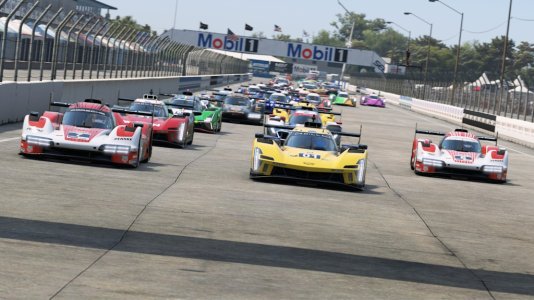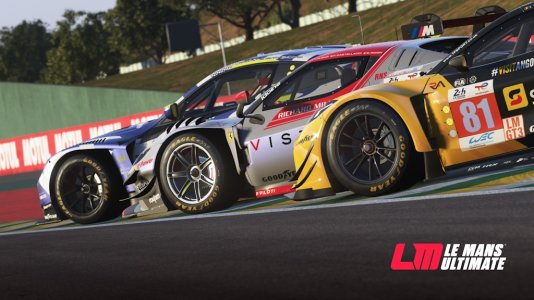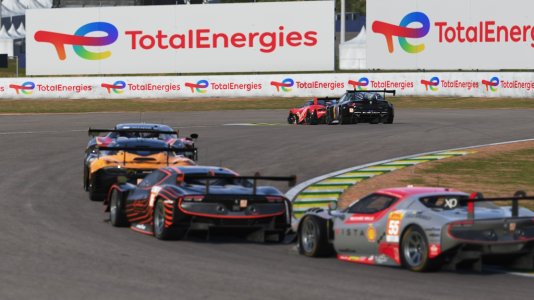After meeting for almost a full twenty-four hours, the Formula 1 Strategy Group announced on Friday that they have agreed to several key regulation changes meant to enhance the sport, including wider and more aggressively designed cars, free choice of tyre compounds, and the reintroduction of refuelling, which will be put into place over the next two seasons.
Improving the on-track product and reducing the overall cost of participation were the key concerns for the Strategy Group going into this week's key meeting.
From a joint statement by FIA President Jean Todt and Formula One Group CEO Bernie Ecclestone:
"The Formula One Strategy Group met yesterday in Biggin Hill to exchange views on the current challenges that F1 faces. Besides the statuary members of the Group, representatives of the engine manufacturers were also invited.
The Strategy Group members have debated a number of levers aimed at improving the show. An initial series of measures has been voted:
For 2016:
- Free choice of the two dry tyre compounds (out of four) that each team can use during the race weekend
For 2017:
- Faster cars: 5 to 6 seconds drop in laptimes through aerodynamic rules evolution, wider tyres and reduction of car weight
- Reintroduction of refuelling (maintaining a maximum race fuel allowance)
- Higher revving engines and increased noise
- More aggressive looks
A few other measures have also been discussed but require further investigation before they can be implemented:
- A global reflection on race weekend format
- Measures to make starts only activated by the driver without any outside assistance
Furthermore, in light of the various scenarios presented by the independent consulting company mandated by the F1 Strategy Group, at the initiative of the FIA, to work on the reduction of costs and following a constructive exchange, a comprehensive proposal to ensure the sustainability of the sport has emerged. The Strategy Group member Teams have committed to refine it in the next few weeks, in consultation with the other teams involved in the championship. On the engine side, it has been decided that stability of the rules should prevail in consideration of the investments of the manufacturers involved in the sport and to give visibility to potential new entrants. The allowance for a 5th engine to be used during the 2015 season has been rejected.
This constructive meeting between the FIA, FOM and the Teams has allowed paving the way for the future of the championship. All parties agreed to work together with an intention to firm up these proposals and submit them to the approval of the F1 Commission and the World Motor Sport Council of the FIA as soon as possible for implementation."
What is your take on the decisions from the F1 Strategy Group? Leave a comment below, and for more Formula 1 discussion, visit our F1 forum.
Image Credit: Pirelli
Last edited by a moderator:










